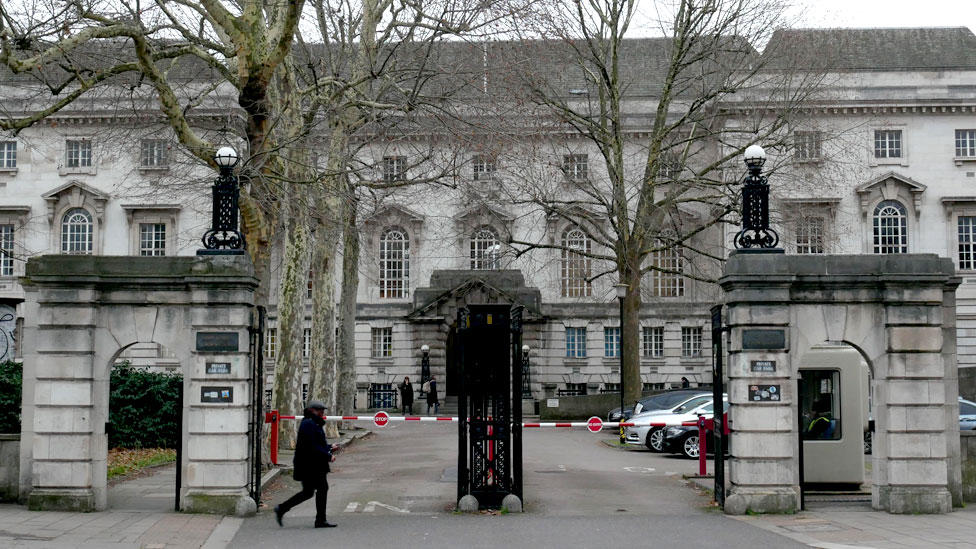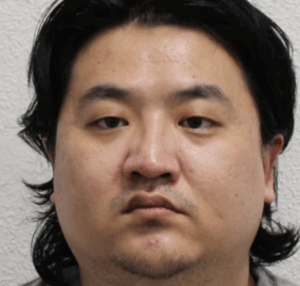Evaldino Oliveira, a 53-year-old resident of Hurst Street in Herne Hill, South East London, has been spared jail after admitting to strangling his ex-wife during an altercation that took place following a night of partying.
The incident occurred on October 29, 2023, when Oliveira returned home in an inebriated state. He forcibly entered their shared residence, where he confronted his former partner. During the confrontation, Oliveira pinned his ex-wife on the bed and strangled her by placing both hands around her neck and applying significant pressure.
Prosecutor Frances McCormack recounted the terrifying ordeal in court, stating that it was only when another woman present in the house intervened that Oliveira released his grip on the victim. The local authorities were alerted, and Oliveira was promptly arrested for his actions.
During his police interview, Oliveira admitted to grabbing his ex-wife by the throat, justifying it as an attempt to calm her down. The day after the incident, he appeared before Croydon Magistrates’ Court, where he pleaded guilty to intentional strangulation, assault by beating, and damaging his ex-wife’s iPhone.
On January 19, 2024, Evaldino Oliveira appeared via videolink from HMP Wandsworth at Inner London Crown Court for his sentencing. Judge Jane Rowley issued a restraining order against Oliveira, which will remain in effect for two years. Additionally, he received a suspended sentence of one year and three months in custody, which will be suspended for 18 months.
Judge Rowley noted the rarity of suspended sentences in cases such as these but attributed the decision to Oliveira’s early guilty plea and his previous good character. Furthermore, Oliveira was ordered to pay £1,000 in compensation as part of his sentence.
The outcome of this case underscores the importance of accountability for violent actions and the legal consequences that follow such behaviour. It also serves as a reminder that the justice system takes into account various factors when determining to sentence, including remorse and prior behaviour.





































